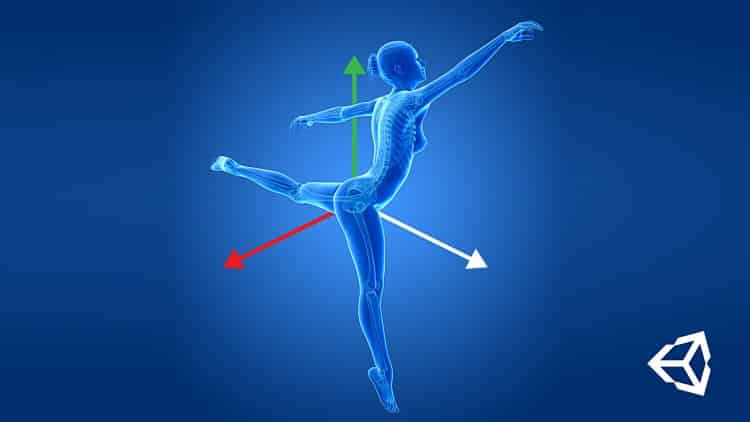- Регистрация
- 27 Авг 2018
- Сообщения
- 40,599
- Реакции
- 654,287
- Тема Автор Вы автор данного материала? |
- #1

- Translate new laws of physics to code.
- Understand how game engine physics works.
- Extend the capabilities of Unity 3Ds physics engine.
- Transfer this knowledge to other game engines.
- You need to be comfortable with Unity 3D
- You need to be comfortable with C# scripting.
- You should be able solve basic algebra equations.
Learn to build your own game physics engine. By the end of this mini-course course you will have gained confidence in translating theories of physics into working game code.
I will be teaching using Unity 3D free as the example game engine. I expect you to have some experience with both Unity 3D, and C# before starting this course. If you don't then check out my Complete Unity Developer course.
Why would you take this course?
- To understand game physics better.
- Practice creating your own physics components.
- Improve your knowledge of Newtons Laws of Motion.
Access to this course does come with an optional, free community site where you can share games and 3D models, as well as connect with other students.
See you in there!
Who this course is for
- If you are not confident in how your game engine's physics works "under the hood", this course will give you that insight.
- This course is probably not for you if you're a physics PhD, who is already confident in coding!
- This course is ideal for you if you're running into the limits of your game engine's physics.
DOWNLOAD:



